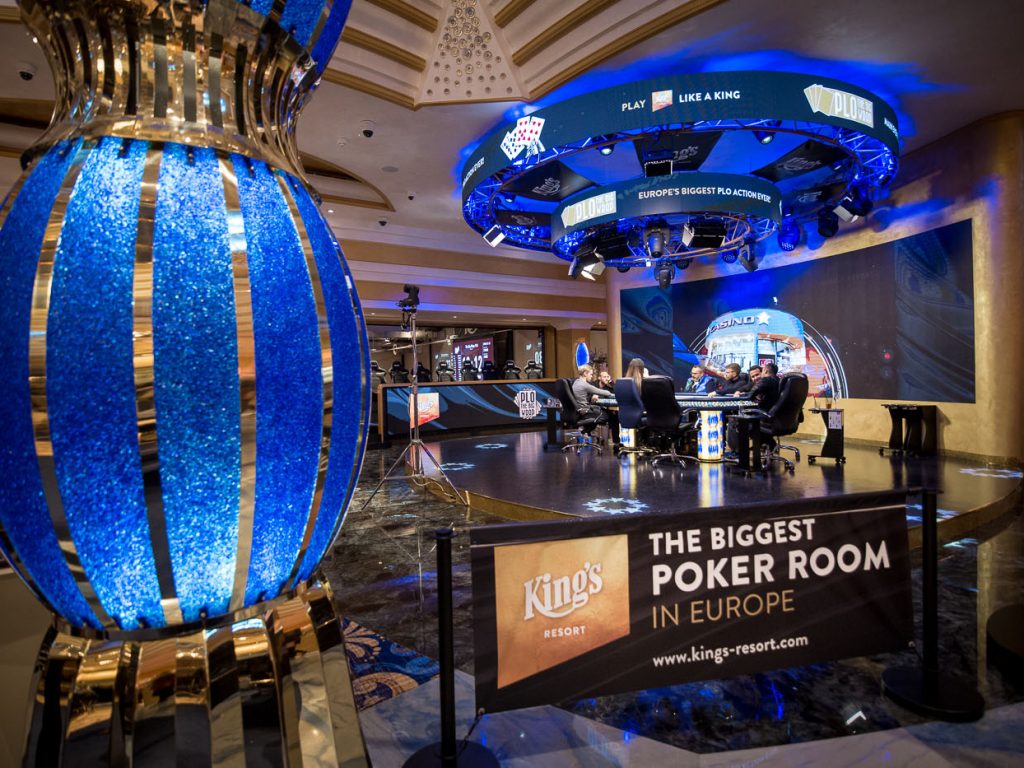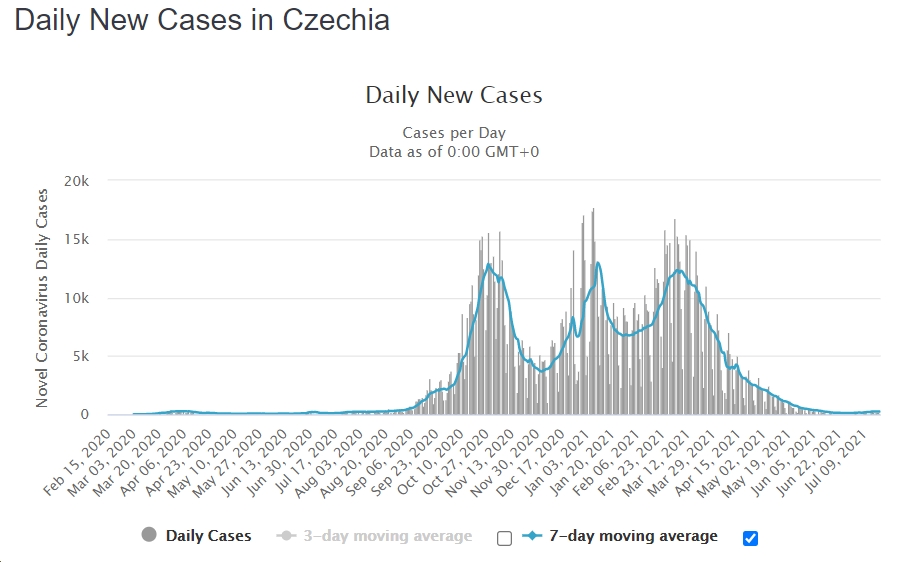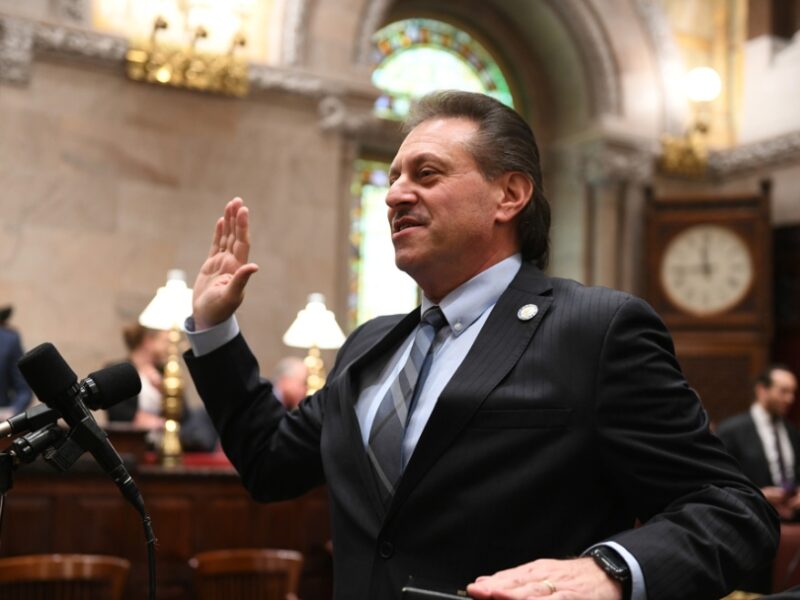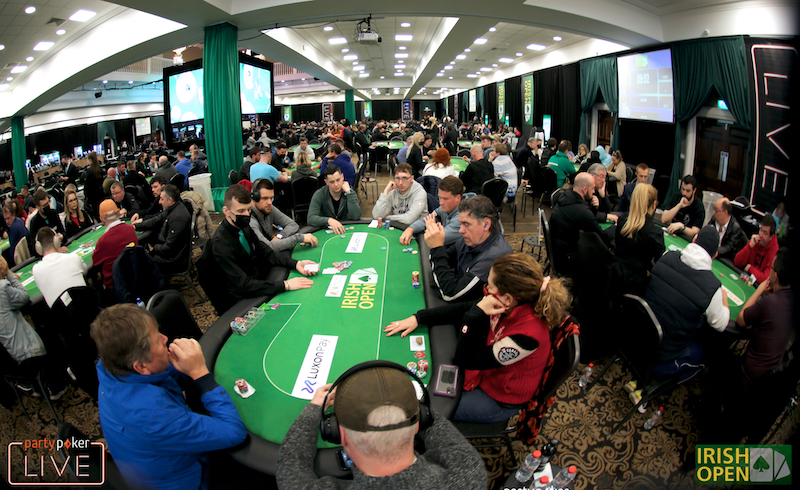The World Series of Poker Europe (WSOPE) will go ahead in the fall but, with COVID-19 still an issue, everything is subject to change, including the rules regarding travelling players.

Plotting any sort of course for the Czech Republic and King’s Resort is tricky, at best. Travel restrictions, proof of vaccination, and outright bans on people entering and exiting certain countries could all dash the hopes of international bracelet hunters.
Predicting the future is tough at the moment but, in the interest of planning ahead, CardsChat has broken down the rules and restrictions with regard to travel and poker in the Czech Republic. While things remain subject to change depending on the ongoing spread of COVID-19, the current situation means there are some positives and some negatives you need to know.
What are the COVID-19 restrictions in the Czech Republic?
The current infection rate in the Czech Republic is low with 216 new cases of COVID-19 reported in a population of 10.6 million as of July 20. There were no recorded deaths on that day, and only one on July 19.

As of June 25, 2021, the Ministry of Health set out new rules for entertainment venues where large numbers of people gather. The official document states that indoor events can have a “maximum of 500 people,” and those in attendance must not show any “clinical signs of COVID-19.”
The rules regarding facemasks and social distancing vary depending on the setting and the number of people in attendance. Facemasks aren’t required in situations where social distancing is possible. If a facemask is required, the law since February 2021 is that it can’t be a “loose cloth” or “homemade.”
Instead, people are required to wear FFP2 facemasks or an equivalent (e.g. an N95). Failing that, two surgical masks worn simultaneously can be used as a temporary solution.
The state of play at King’s Resort
King’s Resort’s poker room, casino floor, hotel, and all of its leisure facilities, including restaurants and the spa, are open. There are few restrictions in place within the facility and facemasks aren’t required, though there are some minimal social distancing measures in place (see tweet below).
First day back at @PokerroomKings and there’s already multiple “straddle+ double straddle” in the tourneys and all in pre for piles.
Poker is live and well. 🙏 pic.twitter.com/ODhCnruUiC
— Sasha (@PokerSasha) July 16, 2021
Anyone wanting to visit King’s Resort and, in turn, play in the WSOPE, will have to prove they’re not a health risk. CardsChat spoke to a representative from the Czech casino who explained that customers don’t have to wear a facemask, but they will have to prove they have COVID antibodies.
“You’ll need a test [to be in the resort],” the representative told us. “An antigen test within 72 hours or a PCR test within one week of your visit is sufficient. Alternatively, you can prove that you’ve been fully vaccinated for at least 14 days, or that you’ve had COVID-19 within the last 180 days.”
The responsibility is on customers to fulfill one of the above requirements and King’s Resort is providing free antigen tests onsite.
Playing live poker in the Czech Republic
Live poker is alive and well in the Czech Republic. In fact, it was one of the first countries in Europe to allow live poker during the initial stages of the pandemic.
Although casinos have moved in and out of lockdowns since then, things are gradually returning to normal. King’s Resort is currently hosting cash games and tournaments every day of the week.
Traveling to the Czech Republic
The Czech Republic’s health officials are constantly updating their travel restrictions. At present, countries are categorized as low, medium, high, very high, and extreme risk.
Low and medium-risk countries
If you live in a country that’s classed as low or medium risk, you’ll need to complete a passenger locator form when you land. You’ll also have to provide a negative PCR test before and after arrival. You can see the full list of low and medium-risk countries here.
Some of the main countries in this category at the time of writing are the US, Canada, Poland, Australia, Norway, Sweden, France, Denmark, Ireland, and Germany.
High-risk countries
Anyone arriving from a high or very high-risk country will have to fill in the passenger locator form, provide negative tests before and after arrival, and self-isolate until they receive a second negative test result. The countries currently listed as high and very high risk are Andorra, Luxembourg, Malta, the Netherlands, Portugal, Spain, and Cyprus.
Extreme risk countries
Foreign travelers from extreme-risk countries won’t be allowed into the Czech Republic. At the time of writing, the countries on this list were: Botswana, Brazil, Eswatini (Swaziland), India, South Africa, Colombia, Lesotho, Namibia, Malawi, Mozambique, Nepal, Paraguay, Peru, Russia, Tanzania, Tunisia, Zambia, and Zimbabwe.
One final point to note is that the UK isn’t on any of the most recent lists. However, advice from the British government states that travel is only permitted for “essential” reasons and that “entry for tourism” isn’t allowed.
Travel exemptions
There are exceptions to Czech travel rules, though the passenger locator form is mandatory in all instances. If you have a medical certificate stating that you’ve had COVID-19 within the last 180 days, you won’t need to provide any tests or self-isolate.
Similarly, if you’re from an EU country and have been fully vaccinated for 14 days or more, you won’t need to test or self-isolate, but you will need a national certificate or the new EU digital COVID pass as proof.
Be prepared for changes
Even the best-laid plans can fall apart, particularly during a pandemic. So, while the current rules mean the WSOPE can go ahead between November 19 and December 8, things could change for the better or the worse.
In addition to changes within the Czech Republic, travel restrictions could also impact your route to the WSOPE and, while things look positive for now, it pays to monitor the situation over the coming weeks and months.


